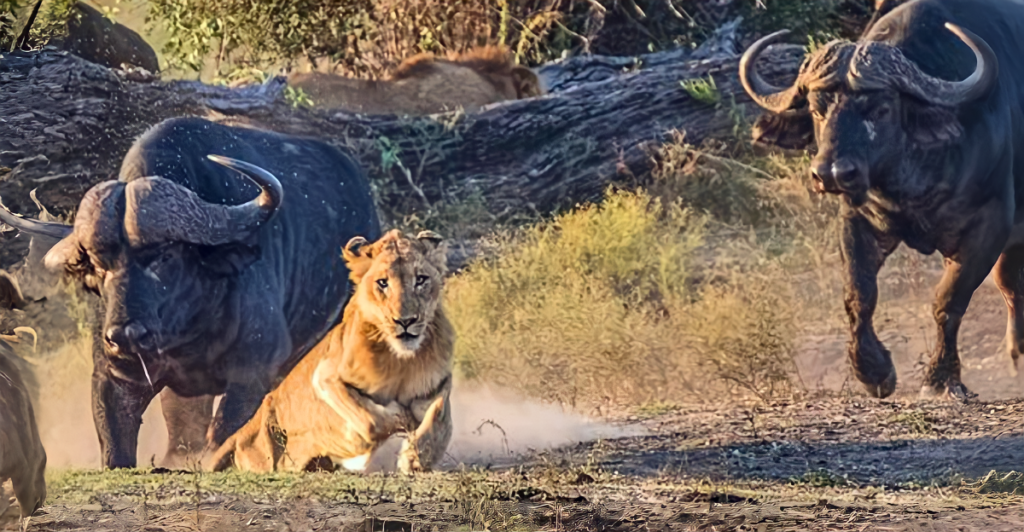
Lions, often referred to as the “King of the Jungle,” are apex predators who are known for their strength, dominance, and majestic presence. Their thunderous roars resonate over the savannas and grasslands, a testament to their reign in these landscapes. However, even these mighty beasts have predators in the wild that they would rather steer clear of. In nature, nothing is guaranteed, and even the most powerful predators can find themselves at the wrong end of a battle with an unlikely foe. This article delves into the terrifying creatures that can send lions sprinting for the hills.
1. Elephants
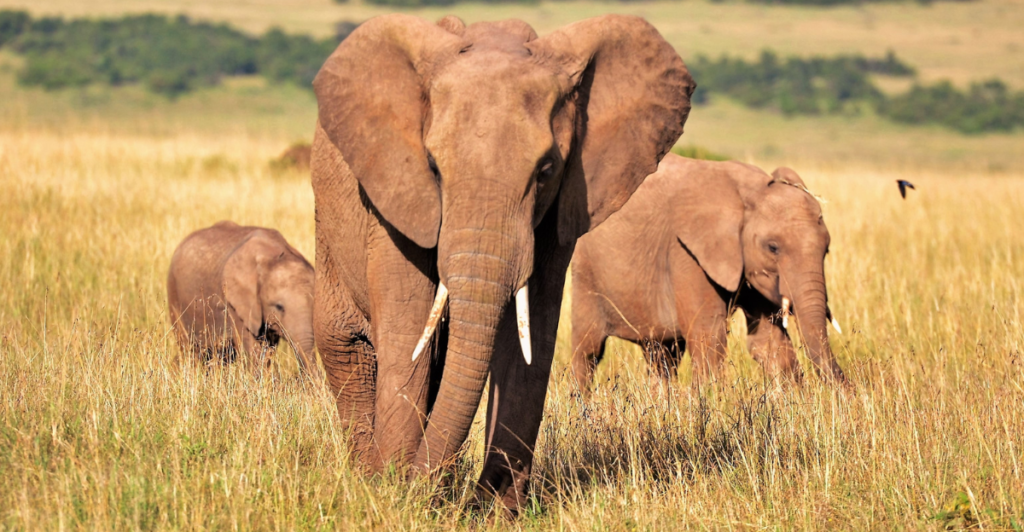
Known as the largest living land mammal on the planet, elephants are large, strong creatures that can be dangerous opponents. Lions tend to stay away from elephants, especially when they are protecting their young. Elephants have been known to charge lions aggressively, using their tusks and massive bodies to overpower them.
2. Rhinoceros
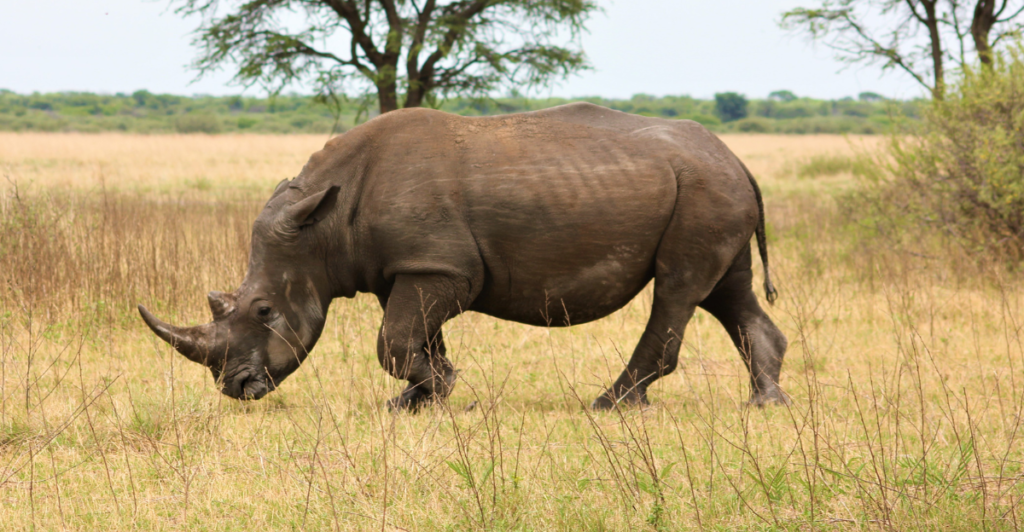
Rhinos are another animal that lions fear due to their thick skin and horns. An adult rhinoceros can weigh upwards of 5,000 pounds and charge at high speed. Lions seldom chance an attack on a rhino unless it is wounded or isolated.
3. Hippopotamus
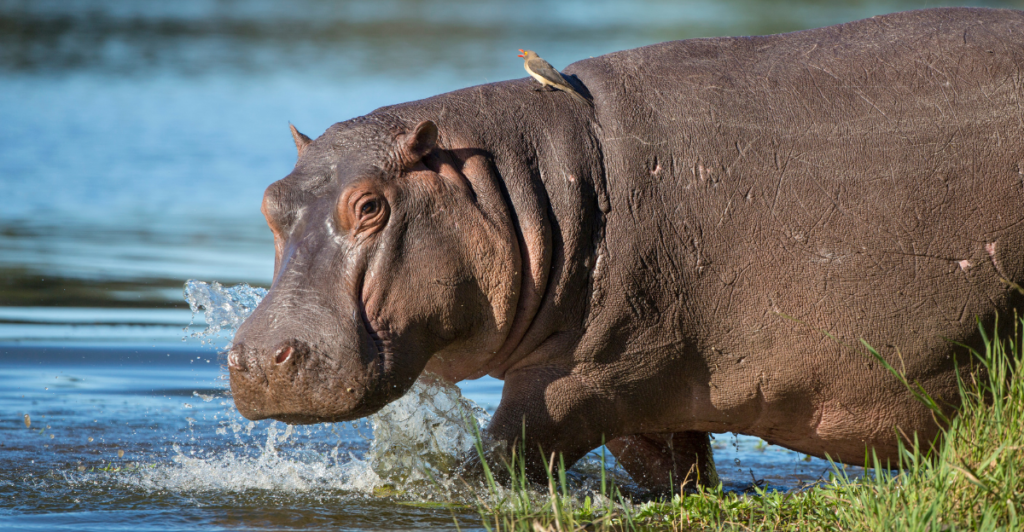
Hippos are very territorial and unpredictable, which makes them a serious risk to lions. Hippos can easily injure or kill a lion due to their enormous size, powerful jaws, and aggressive nature. Hippos are especially dangerous around water, where lions may encounter them.
4. African Buffaloes
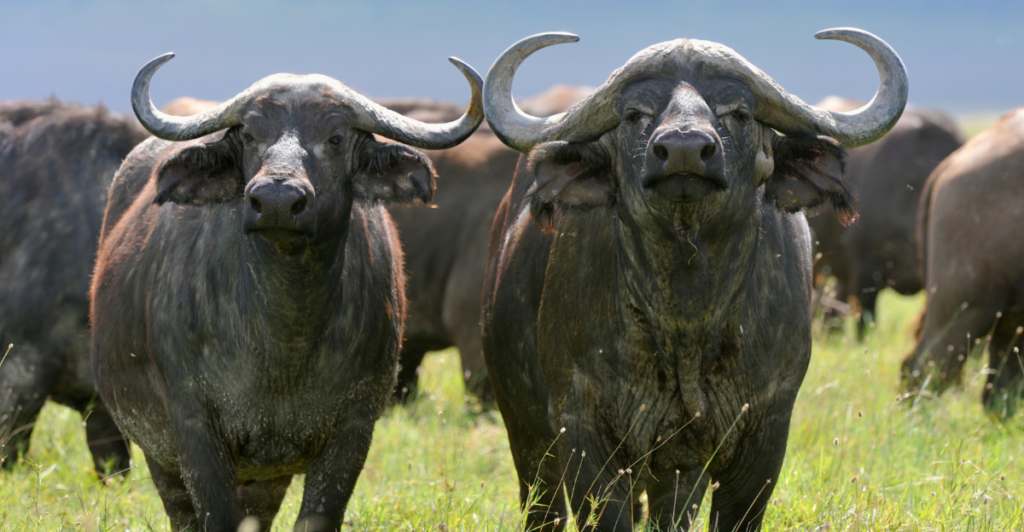
African buffaloes are known for their defensive tactics and lethal horns. They sometimes form protective groups to fend off predators such as lions. Buffaloes can seriously hurt or kill lions with its powerful charge, making them a dangerous target.
5. Crocodiles

Crocodiles dominate water bodies and pose a significant threat to lions near rivers or lakes. With one of the strongest bite forces in the animal kingdom, crocodiles can ambush lions drinking water or swimming, making them a predator to be wary of.
6. Porcupines
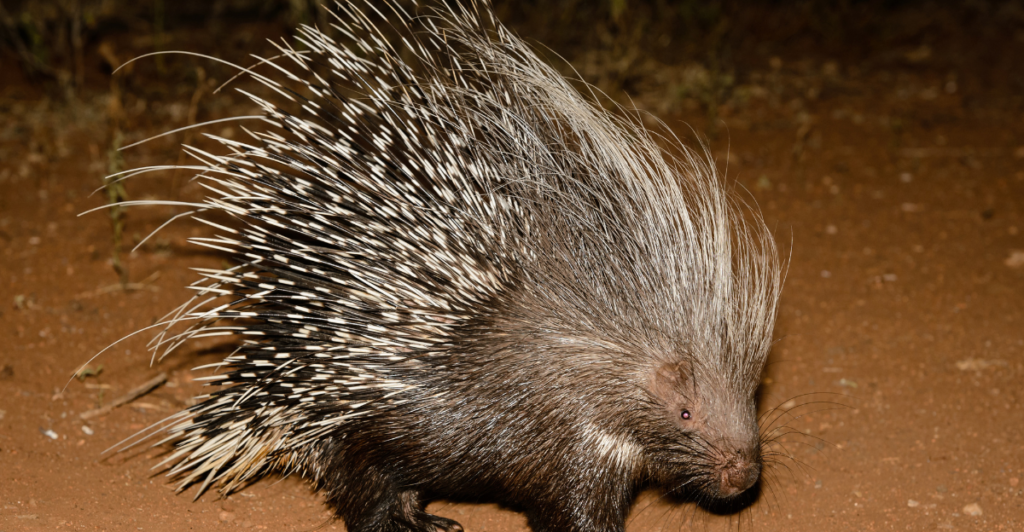
Porcupines may be small, but they have sharp quills that could inflict serious injuries on predators such as lions. A lion that tries to attack a porcupine runs the risk of having its face or paws impaled on these painful defenses.
7. Honey Badgers
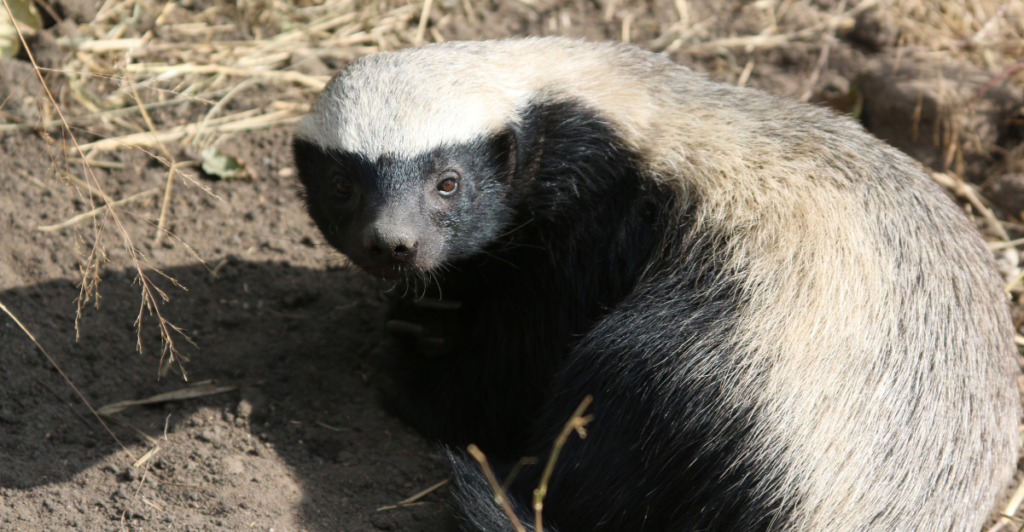
Honey badgers are known to be fearless and aggressive — sometimes even attacking animals much larger than themselves. Its tough skin and determined demeanor are tough for lions to bring down and can cause the big cats to retreat.
8. Hyenas
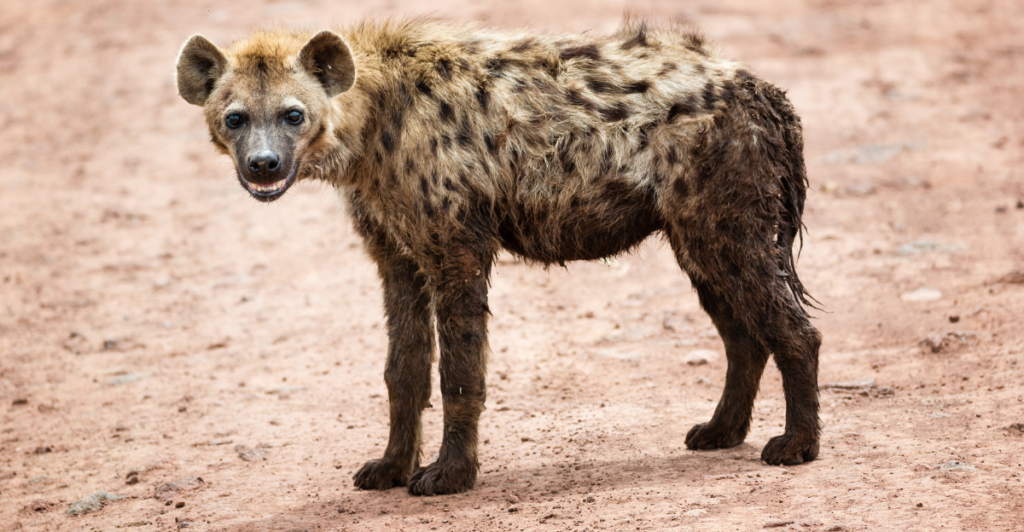
Hyenas are not necessarily feared by lions but are considered strong and fierce competitors for food and space. However, since individual hyenas generally may not intimidate a lion, large packs are able to outnumber even the most dominant member of the pride when scavenging occurs.
9. Giant Anteaters
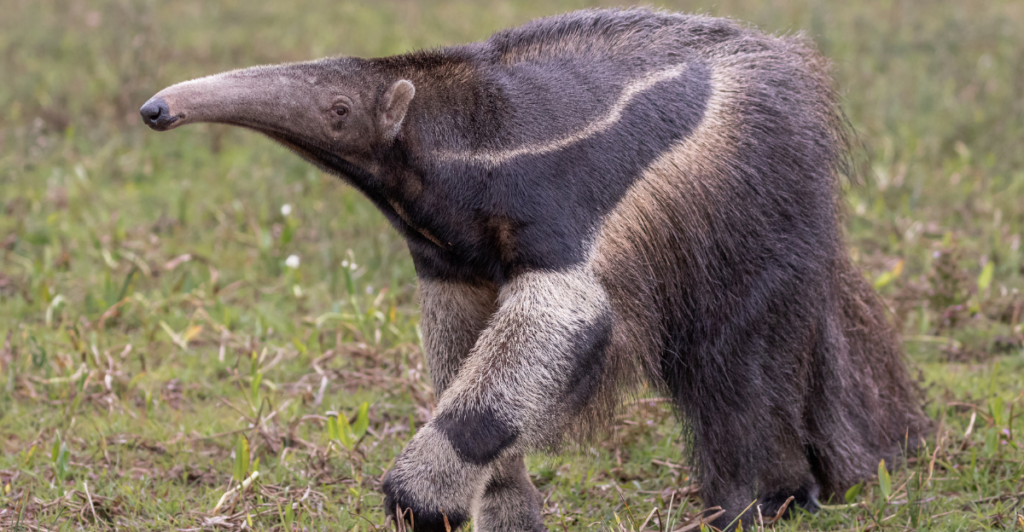
While its diet of insects is harmless, the giant anteater has powerful claws that can fend off predators, including lions and tigers. Their unexpected strength makes them an opponent not to be overlooked.
10. Humans

Interestingly, studies show that wild animals are more afraid of humans than lions due to hunting and habitat destruction. Wherever humans are present, lions are trained to keep their distance — humans are a much bigger danger than any other predator.
Observations on Lion Behavior
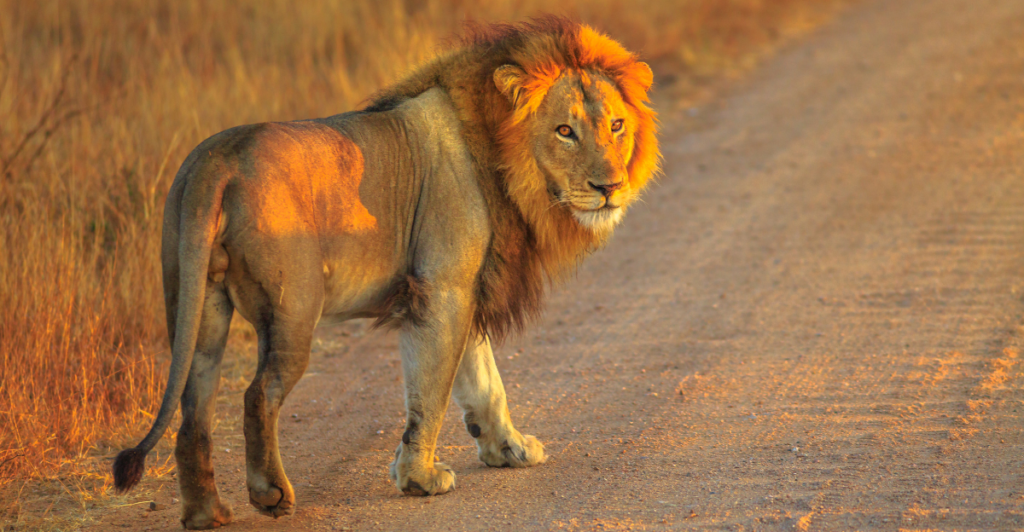
Due to the presence of these fierce competitors, lions frequently alter their hunting strategies and ranges. This ability to adapt is vital for their survival in various ecosystems, as threats can differ significantly. These are essential for our understanding of the social structure of lions, , their survival approaches, and social behavior.
Even Kings Are Afraid
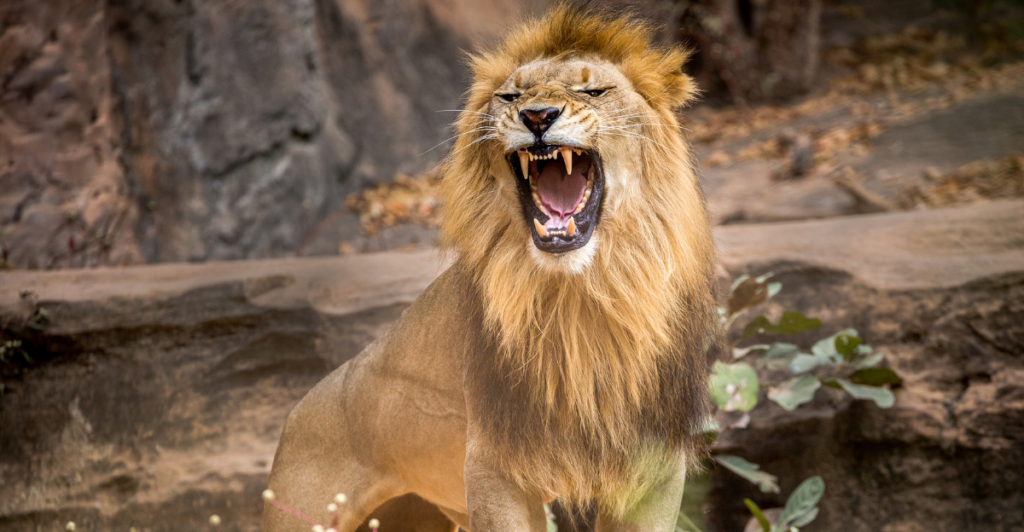
Though lions are the apex predators of their ecosystems, these meetings remind us that even the king of beasts is not always invulnerable to nature’s hierarchy. From behemoth herbivores such as elephants and rhinos to deadly, smaller foes such as honey badgers and porcupines, these foes are a reminder of the delicate balance within the animal world.
Explore more of our trending stories and hit Follow to keep them coming to your feed!

Don’t miss out on more stories like this! Hit the Follow button at the top of this article to stay updated with the latest news. Share your thoughts in the comments—we’d love to hear from you!







